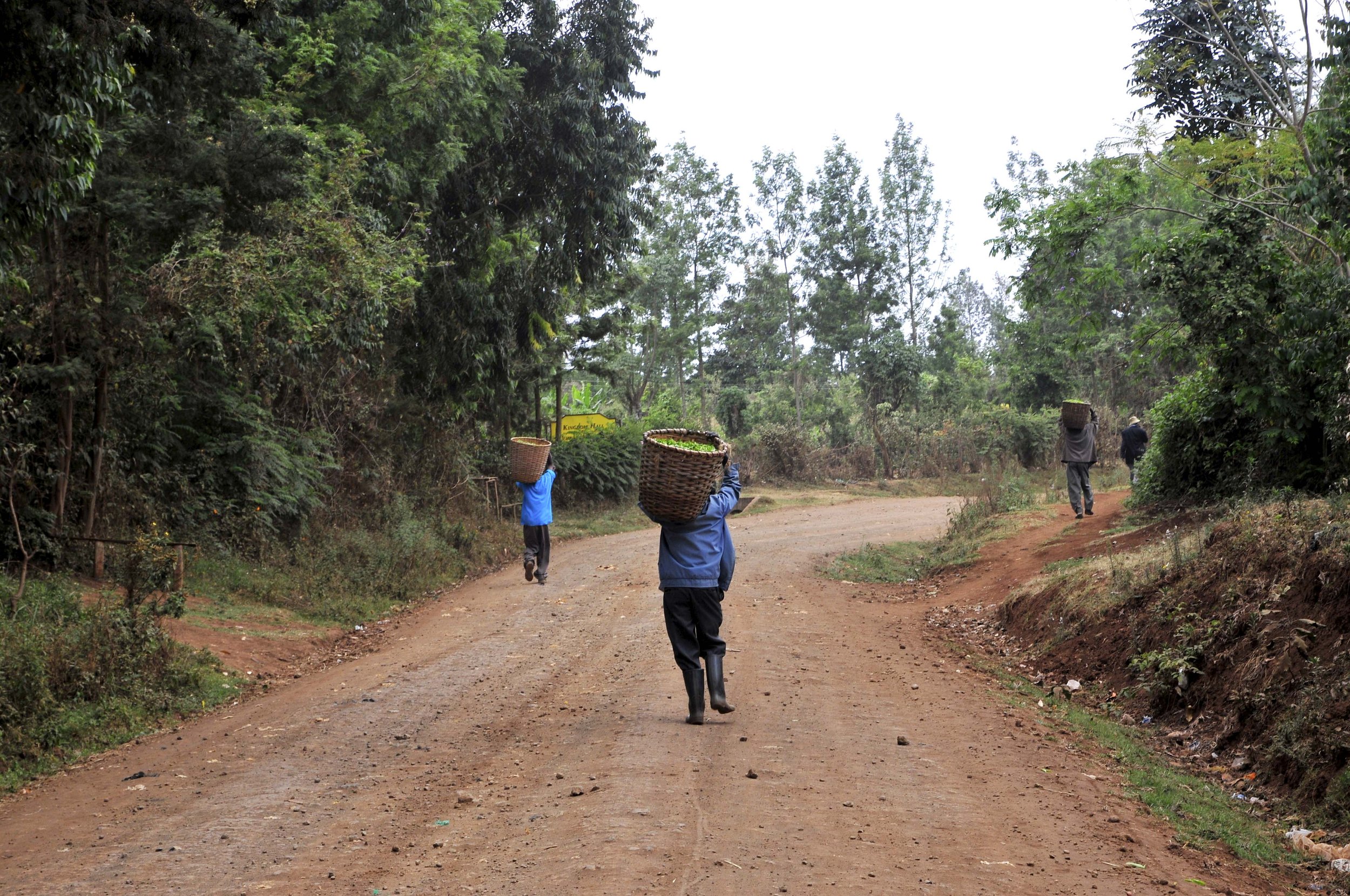Climate Justice Can't Happen Without Us: Why Disability Inclusion Matters
Persons with Disabilities (PWDs) are regarded as one of the minority and marginalized groups that are highly vulnerable to disasters caused by climate change. In the heart of Kenya, where the vibrant hues of life paint a picture of communal harmony, a silent crisis festers, largely unseen yet profoundly felt. It’s the crisis of addiction and mental health, a global affliction that knows no borders, sparing neither the bustling cities nor the tranquil villages. As an editor of a global health blog, I’ve encountered countless stories like these, narratives that weave a tapestry of resilience and despair, hope and desolation.
The World Health Organization’s staggering revelation that over 264 million people worldwide suffer from depression is not just a number; it’s a testament to the silent battle raging within our societies. These figures represent the hushed struggles of many, their pleas for help often drowned out by the cacophony of daily life. In Kenya, where community ties run deep, these statistics resonate not just in medical facilities but in intimate conversations within families, school aspirations, and the intersections of life on the streets.
I see an alarming gap in the fight for climate justice: the absence of voices from the disability community. While an estimated 1.3 billion people – approximately 16% of the global population worldwide – experience a significant disability today, their needs and perspectives are often overlooked.
This exclusion is rooted in harmful assumptions. The climate justice movement, like society at large, often operates under the flawed belief that disabled people can't meaningfully contribute. This "ableism" is not only wrong, it's dangerous.
Consider this: during a recent landslide in Uganda, people with disabilities were two to four times more likely to lose their lives compared to the non-disabled population. This is just one example of how the systems causing climate change also disproportionately impact disabled individuals. We are all connected.
Exclusion takes multiple forms including inaccessible conference venues, inaccessible information formats, and fast-paced, crowded protests that leave many behind. This creates a chilling effect, discouraging participation from a community with valuable insights and experiences.
We can do better. Imagine the power of harnessing the resilience and adaptability of people with disabilities in tackling climate change. Their everyday struggles have equipped them with unique problem-solving skills that can benefit everyone. The urgency to address this silent disaster cannot be overstated. Its impact extends beyond individuals, straining relationships, diminishing productivity, and casting a shadow of pessimism over society. In Kenya, where mental health stigma still lingers, many suffer in silence, fearful of judgment. To combat this crisis, I propose a multifaceted approach:
Community-Based Support: Establishing community support networks can diminish mental health stigma. Community leaders, educational institutions, and nonprofits can collaborate to create sanctuaries for open dialogue, offering a lifeline to those in need.
Education and Awareness Campaigns: Comprehensive educational initiatives can dispel myths and reduce the stigma associated with mental health. Media, businesses, and schools are crucial in normalizing conversations about mental well-being.
Accessible Mental Health Treatments: Investments in affordable and accessible mental health treatments are imperative. Training more mental health professionals and integrating mental health care into primary health systems are vital steps forward.
While some may argue that resources are too scarce or other health issues take precedence, we contend that the cost of neglecting mental health is far greater. The ripple effects of addiction and mental health issues are far-reaching, undermining the very foundation of our societies.
I dream of a future where participation, not just representation, is the norm. This requires dismantling systemic barriers and ensuring inclusion in every step of the climate justice movement. We cannot afford to leave anyone behind, especially those most vulnerable to its consequences.
Climate justice is disability justice. It's time to break down the walls and listen to the voices that have been silenced for far too long. Together, we can build a more just and sustainable future for all.
